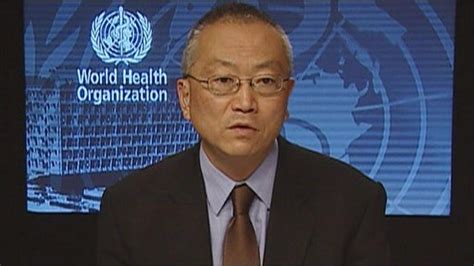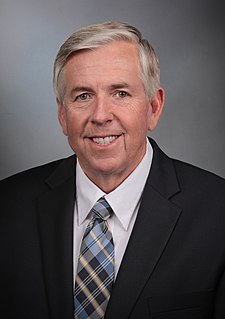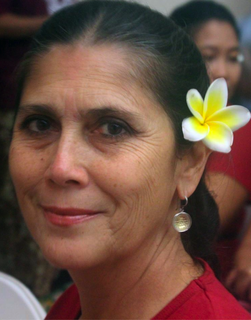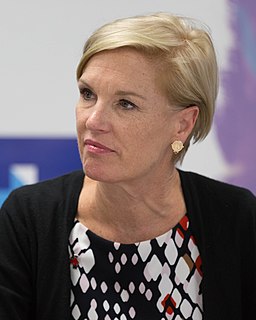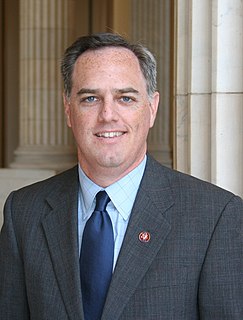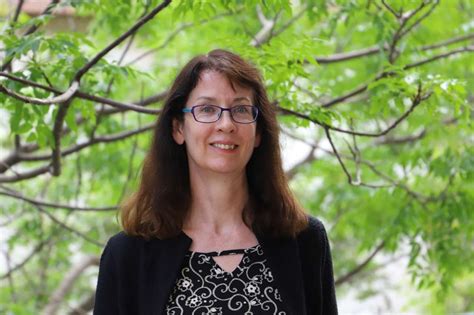A Quote by Ned Lamont
Connecticut's doctors, nurses, and other public health workers have worked tirelessly through unthinkably long hours while putting their own safety at risk.
Related Quotes
When health workers are infected at work, this puts other healthcare workers at risk, but also can be a risk to all other patients, understanding where the breach in these measures is occurring and taking the steps needed to fully implement infection prevention and control measures can put an end to these ... infections.
While writing my memoir, 'When Skateboards Will Be Free,' I would sometimes have to pore over hours of microfilm at the New York Public Library in order to try to get one obscure detail right. For instance, was the Socialist Workers Party originally called the American Workers Party or the Workers Party of the United States?
If our communities and our country truly want to keep our citizens healthy and safe, we must invest in a strong, resilient, and diverse healthcare workforce. This reality has been made abundantly clear by the selfless, around-the-clock contributions of doctors, nurses, and long-term care workers during the COVID-19 crisis.
Health education emphasizing risks is a form of pedagogy, which, like other forms, serves to legitimize ideologies and social practices. Risk discourse in the public health sphere allows the state, as the owner of knowledge, to exert power of the bodies of its citizens. Risk discourse, therefore, especially when it emphasizes lifestyle risks, serves as an effective Foucauldian agent of surveillance and control that is difficult to challenge because of its manifest benevolent goal of maintaining standards of health. In doing so, it draws attention away from the structural causes of ill-health.


